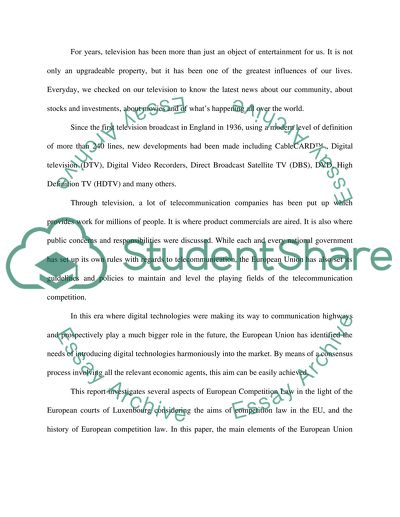Cite this document
(Aspects of European Competition Law in the Light of the European Term Paper, n.d.)
Aspects of European Competition Law in the Light of the European Term Paper. Retrieved from https://studentshare.org/law/1529693-european-union-law-bachelor-essay
Aspects of European Competition Law in the Light of the European Term Paper. Retrieved from https://studentshare.org/law/1529693-european-union-law-bachelor-essay
(Aspects of European Competition Law in the Light of the European Term Paper)
Aspects of European Competition Law in the Light of the European Term Paper. https://studentshare.org/law/1529693-european-union-law-bachelor-essay.
Aspects of European Competition Law in the Light of the European Term Paper. https://studentshare.org/law/1529693-european-union-law-bachelor-essay.
“Aspects of European Competition Law in the Light of the European Term Paper”, n.d. https://studentshare.org/law/1529693-european-union-law-bachelor-essay.


